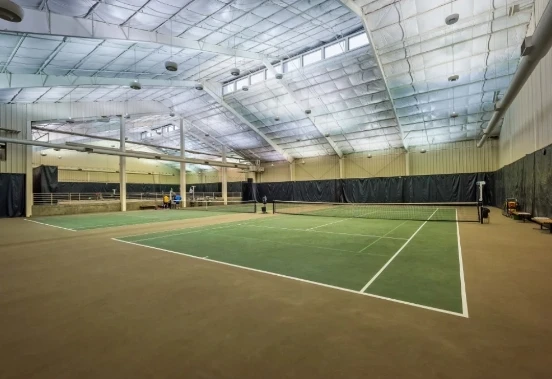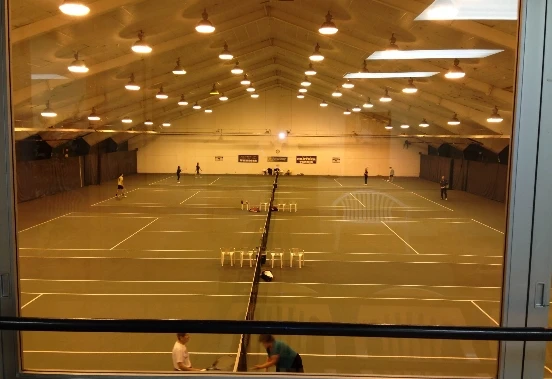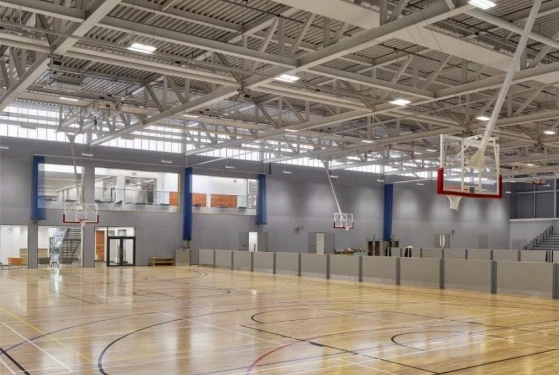- афрыканскі
- албанец
- Амхарская
- арабская
- армянская
- Азербайджанская
- Баскская
- беларускі
- бенгальская
- басьнійскі
- балгарская
- каталонская
- себуанскі
- Карсіканскі
- харвацкая
- чэшскі
- дацкая
- галандскі
- англійская
- Эсперанта
- эстонскі
- фінская
- французскі
- фрызская
- галісійскі
- грузінскі
- нямецкі
- грэцкі
- Гуджараці
- Гаіцянская крэольская
- хаўса
- гавайскі
- іўрыт
- не
- Мяо
- венгерскі
- ісландская
- ігбо
- інданезійскі
- ірландскі
- італьянскі
- Японскі
- яванскі
- каннада
- казахская
- кхмерская
- Руандыйскі
- карэйская
- курдская
- кіргізская
- Сухоты
- лацінка
- Латышскі
- літоўскі
- Люксембургскі
- Македонская
- Малгашы
- малайская
- Малаялам
- мальтыйская
- Маоры
- Маратхі
- Мангольская
- М'янма
- непальская
- нарвежская
- нарвежская
- аксітанская
- пушту
- фарсі
- польская
- партугальская
- Панджабі
- румынская
- рускі
- самаанская
- шатландская гэльская
- сербская
- англійская
- шона
- сіндхі
- сінгальская
- славацкая
- Славенская
- самалійская
- іспанскі
- сунданская
- Суахілі
- шведская
- тагальская
- таджыкская
- тамільская
- татарскі
- Тэлугу
- Тайская
- турэцкі
- туркменскі
- украінскі
- Урду
- уйгурскі
- узбекская
- в'етнамская
- валійская
- Даведка
- Ідыш
- ёруба
- Зулу
Верас . 18, 2024 14:56 Вярнуцца да спісу
Uncompromising Hygiene Standards
In an industry where cleanliness is paramount, metal buildings offer significant advantages. The non-porous nature of metal surfaces resists bacterial growth and is easy to clean and sanitize. Smooth wall panels and sealed joints minimize areas where contaminants can accumulate, helping manufacturers maintain the highest levels of hygiene required by regulatory bodies such as the FDA and USDA.
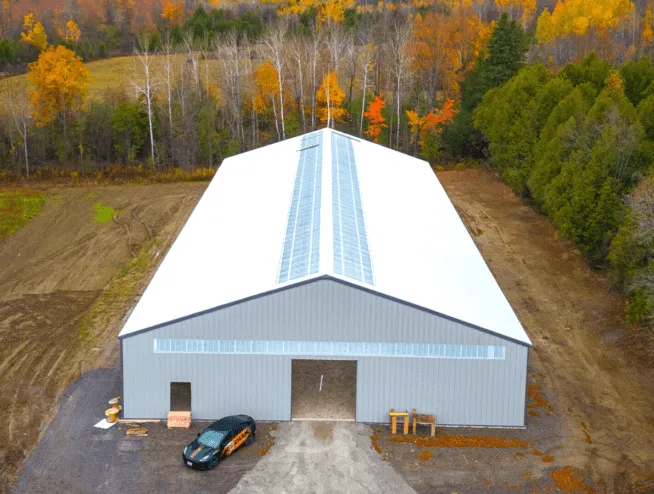
Customizable Food-Safe Environments
Metal buildings can be easily customized to create specialized environments for different food and beverage production processes. From temperature-controlled areas for dairy processing to moisture-resistant spaces for beverage bottling, these structures can be tailored to meet specific product requirements. The versatility of metal buildings allows for the integration of specialized flooring, drainage systems, and wall coatings that comply with food safety regulations.
The clear-span design of metal buildings provides expansive, column-free interiors that maximize usable floor space. This open layout is ideal for accommodating large production lines, storage areas, and packaging facilities. The absence of internal support structures also facilitates efficient workflow design and allows for easy reconfiguration as production needs evolve.
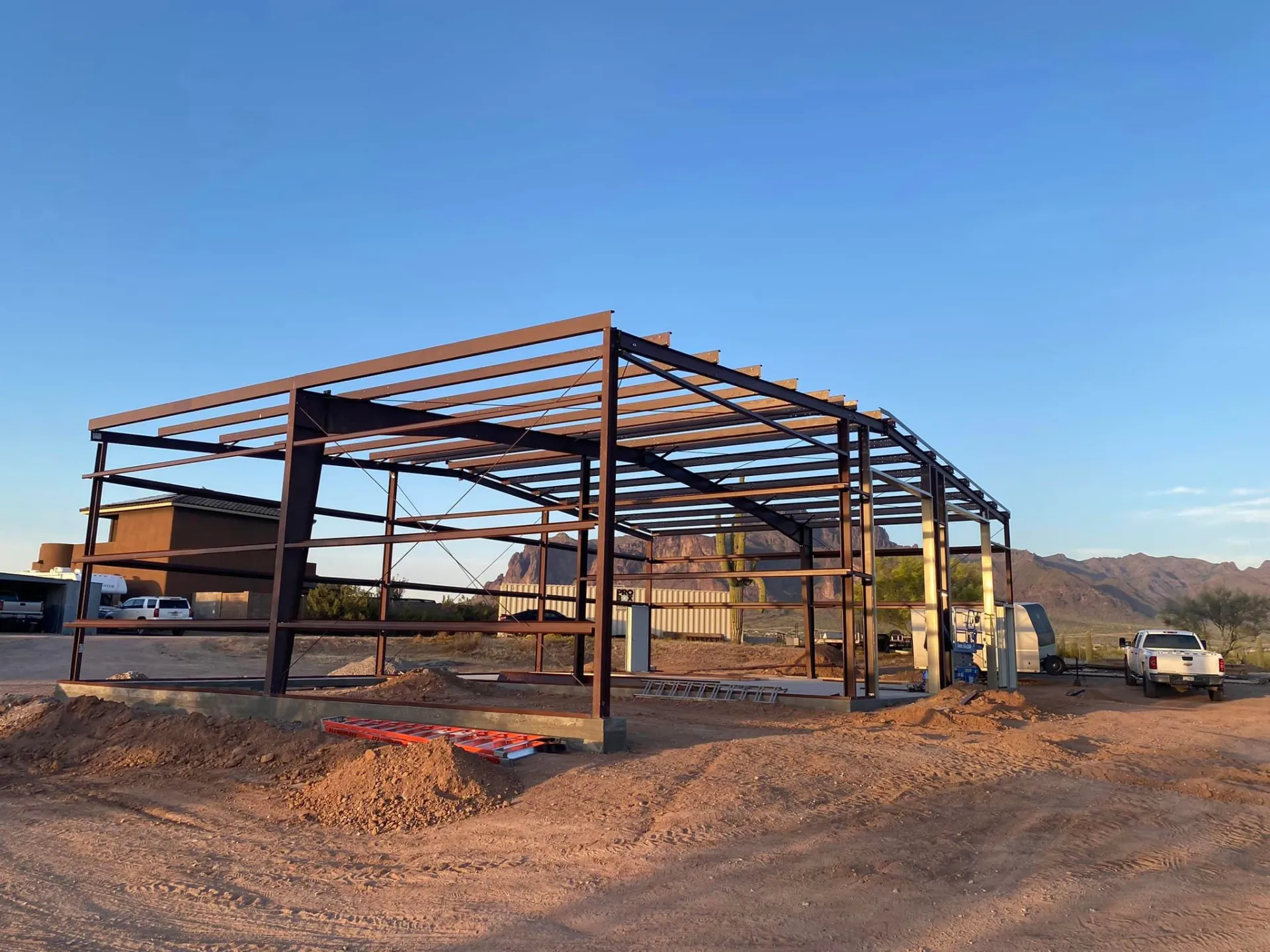
Temperature Control and Energy Efficiency
Maintaining precise temperature control is crucial in food and beverage manufacturing. Metal buildings can be equipped with high-performance insulation systems that help maintain consistent internal temperatures while reducing energy costs. Additionally, cool roof systems can be incorporated to reflect solar heat, further enhancing energy efficiency in warm climates.
Durability and Low Maintenance
The durability of metal buildings is a significant asset in the demanding environment of food and beverage manufacturing. Resistant to corrosion, mold, and pests, these structures require minimal maintenance, reducing downtime and long-term operational costs. This durability also ensures that the facility can withstand the rigors of constant cleaning and sanitization processes.
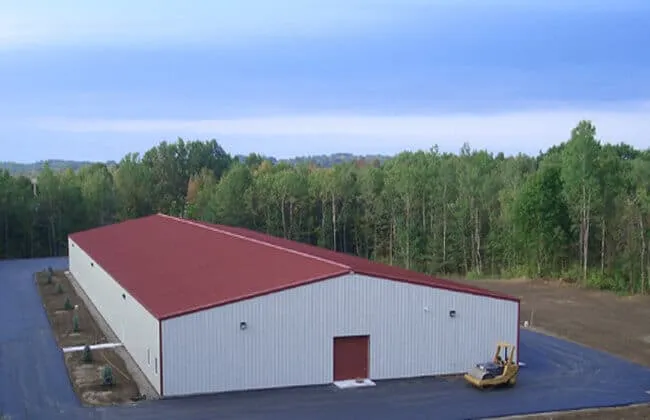
Rapid Construction and Expansion
Time is often of the essence in the fast-paced food and beverage industry. Pre-engineered metal buildings offer significantly faster construction times compared to traditional building methods. This quick turnaround allows manufacturers to commence operations sooner, capitalizing on market opportunities. Moreover, metal buildings are designed with future expansion in mind, making it easier to scale up production capacity as demand grows.
Compliance with Industry Regulations
Metal buildings can be engineered to meet or exceed all relevant food safety regulations and building codes. From HACCP (Hazard Analysis and Critical Control Points) compliance to adherence to Good Manufacturing Practices (GMP), these structures can be designed to support comprehensive food safety management systems.
In an industry with tight profit margins, the cost-effectiveness of metal buildings is a significant advantage. Lower initial construction costs, reduced maintenance expenses, and energy efficiency all contribute to a favorable return on investment. Additionally, the durability of metal buildings translates to longer facility lifespans, further enhancing their economic value.
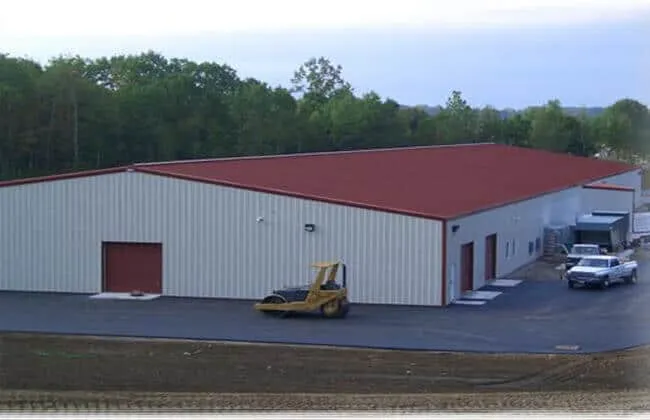
Integration of Modern Technology
Metal buildings provide an ideal framework for integrating advanced manufacturing technologies. From automated production lines to sophisticated HVAC and filtration systems, these structures can easily accommodate the latest innovations in food and beverage processing equipment.
Sustainability and Environmental Considerations
As sustainability becomes increasingly important in the food and beverage industry, metal buildings offer eco-friendly advantages. The steel used in construction is often made from recycled materials and is itself fully recyclable at the end of the building's life. Furthermore, the energy efficiency of these structures contributes to reducing the overall environmental footprint of manufacturing operations.
Conclusion
Food and beverage manufacturing metal buildings represent a significant advancement in industrial infrastructure. By offering a perfect balance of hygiene, efficiency, and adaptability, these structures are helping manufacturers meet the complex challenges of modern foo
-
The Rise of Prefabricated Metal Structures in Modern Industry
НавіныJul.28,2025
-
The Landscape of Prefabricated Metal Building Solutions
НавіныJul.28,2025
-
Analyzing Costs and Pricing Dynamics in Prefabricated Steel and Metal Buildings
НавіныJul.28,2025
-
Advance Industrial Infrastructure with Prefabricated Steel Solutions
НавіныJul.28,2025
-
Advancing Industrial Infrastructure with Prefabricated Metal Warehousing Solutions
НавіныJul.28,2025
-
Advancing Industrial and Commercial Spaces with Prefabricated Steel Solutions
НавіныJul.28,2025
Катэгорыі тавараў
Нашы апошнія навіны
We have a professional design team and an excellent production and construction team.










